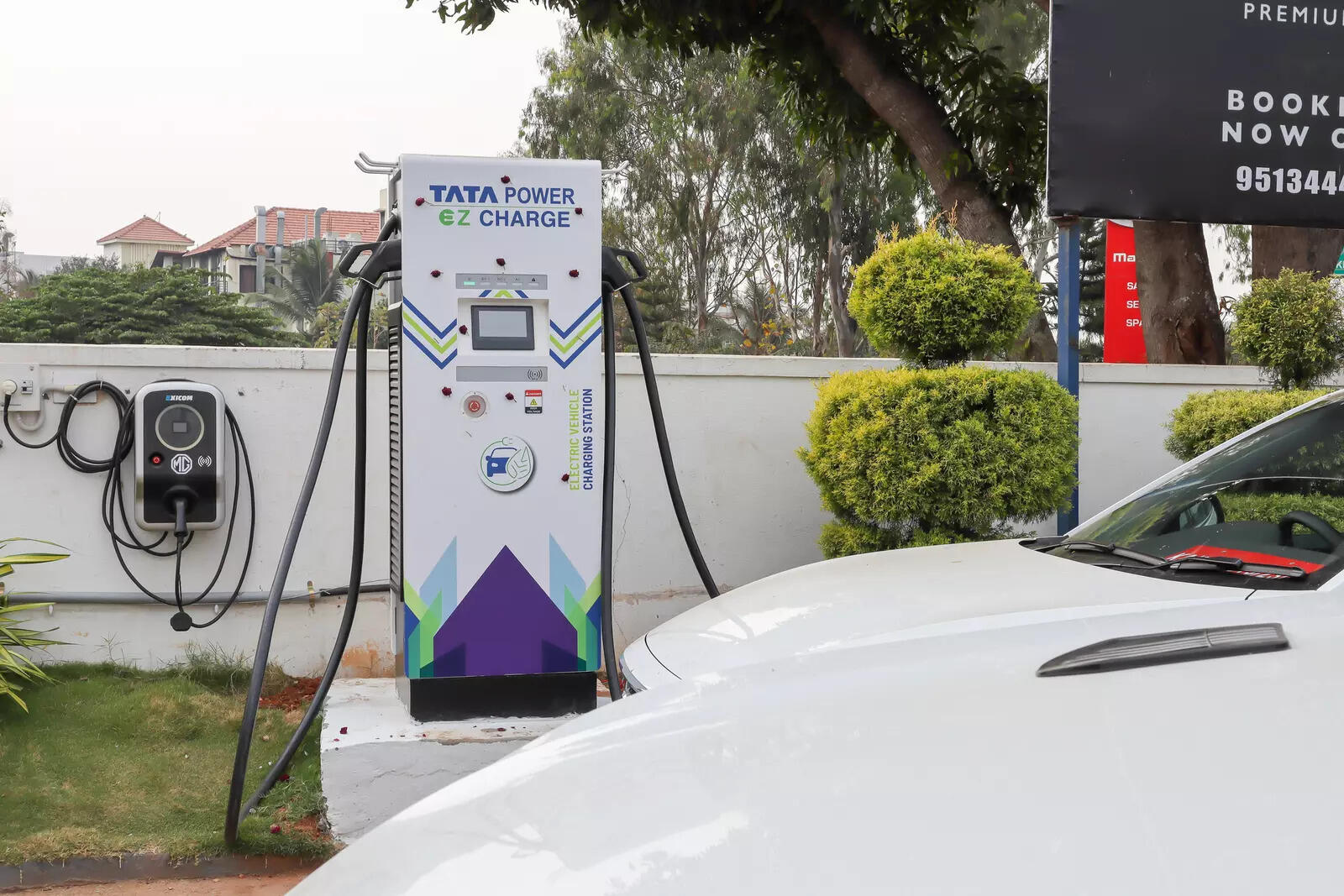Nagpur's EV boom faces a charging crunch: 1 station per 515 vehicles
Nagpur is at a crossroads as it embraces electric vehicles, yet the city's charging infrastructure struggles to keep pace.

Despite aggressive promotion of electric vehicles (EVs) under green energy initiatives, Nagpur district continues to grapple with a critical shortage of charging infrastructure. According to official data, there is just one EV charging station for every 515 electric vehicles in the district.
The Maharashtra State Electricity Distribution Company Ltd (MSEDCL), which is the sole authority for providing power connections to EV charging points, revealed that 151 charging stations have been set up so far across the district and many of them are private and not available to public. Of these, 58 are in urban areas, while 93 lie within the broader city limits.
Among the total stations, 43 have been installed by various fuel providers, while MSEDCL itself installed six. "The charging stations installed by MSEDCL and fuel providers are all available to the public. Many of the remaining ones are also being used by the public, but they are installed by private people, MahaMetro, Nagpur Municipal Corporation (NMC), and others," said a senior MSEDCL official.
The officer further said although the pace of installation increased recently, many stations remain privately owned and are not accessible to the public, thereby limiting the usability of the city's overall EV infrastructure.
At present, there are 77,795 registered electric vehicles in the city, spanning all categories, including battery-operated vehicles (BOVs), pure EVs, and strong hybrids. However, with only 151 charging stations, public access to charging infrastructure remains restricted.
As per RTO-wise data, 46,686 EVs are registered at Nagpur East RTO (MH49), followed by 15,805 in Nagpur Rural RTO (MH40), and 15,304 in Urban RTO (MH31).
This imbalance has created challenges for EV users, who often struggle to locate charging options - particularly during peak usage hours or long distance travel. Experts warn this gap between vehicle adoption and infrastructure support could jeopardise the broader goals of sustainable mobility and frustrate EV owners.








